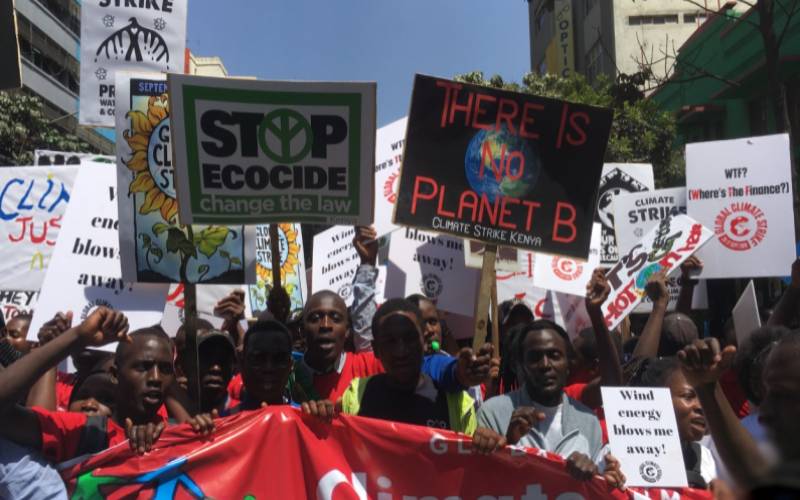
This week, hundreds of thousands of people and government leaders are headed to New York for the Global Climate Action Summit organised by the UN Secretary General (UNSG) Antonio Guterres, to address the global climate emergency and spur greater action on climate change.
The summit is a global moment convened to reflect on the sheer urgency of needed action. The meeting is the start of a journey that takes us through the December 25 United Nations Climate Change Conference (COP25) in Santiago, Chile and COP26 in Glasgow next year.